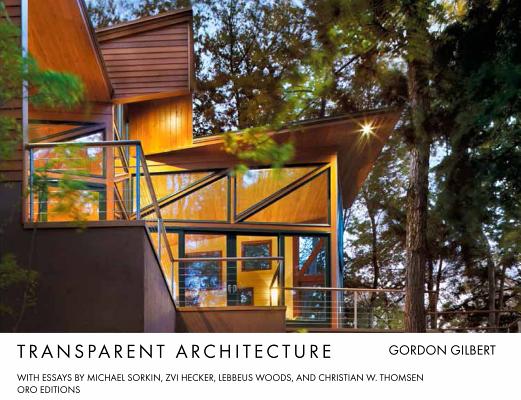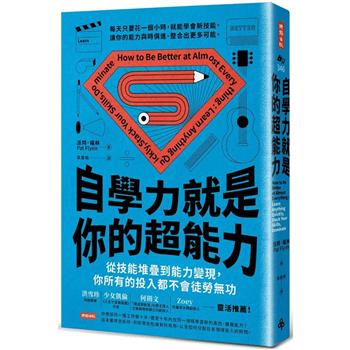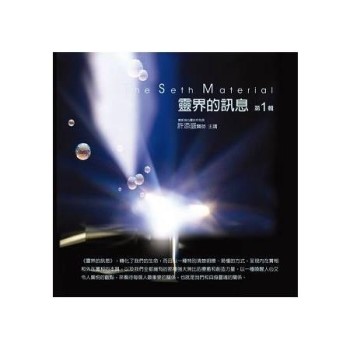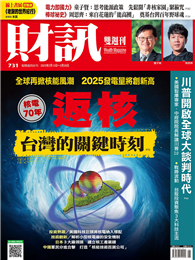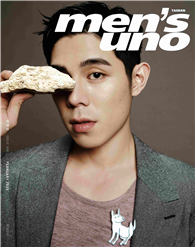First used in the 15th century, the word transparent has origins in the Medieval Latin—transparere, meaning to show through. It’s original Latin derivation is trans + parere, meaning to show oneself.
The projects in this book point to an architecture?that seemingly suggests a multiplicity of qualities. Paradoxically, it is also an architecture that reveals itself and its own singular nature clearly.
The structures themselves display their own material and organizational logic, yet they are also able to function?as containers for thought, moods, and memories. The inhabitant then moves through and interacts, in a live and changing world. Activities happen all at once, in a seamless whole, in a simultaneity of experience. This is an architecture of natural processes in the revealed landscape, entropic and vital, where the normal boundaries and usual edges do not hold. The experimental drawings, texts, and built projects?in Transparent Architecture are visual and spatial explorations. They aim toward architecture that provokes thought, re nes one’s abilities to see, and embraces the ongoing con uence and mutability of things.
With essays by Michael Sorkin, Zvi Hecker, Lebbeus Woods, and Christian W. Thomsen
